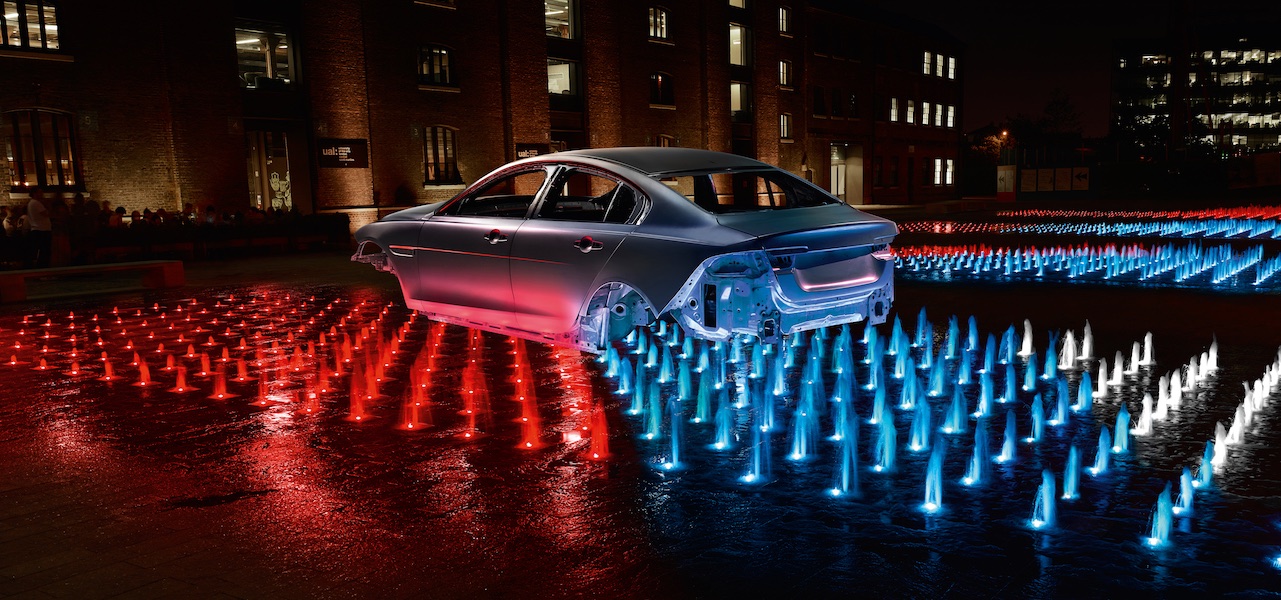Axion is undertaking further research into increasing recycled aluminium content in new vehicles as part of REcycled ALuminium Through Innovative TechnologY (REALITY), a new £2 million collaborative project led by Jaguar Land Rover.
Working with other consortium partners, Axion will focus on techniques for sorting and separating specialist alloys from aluminium derived from end-of-life vehicles.
Part-funded by Innovate UK, REALITY is an extension of the REALCAR (REcycled ALuminium CAR) projects, initially launched by Jaguar Land Rover in 2008 to create a closed-loop process for post-industrial aluminium scrap from its vehicle manufacturing. The original project and subsequent work with suppliers enabled Jaguar Land Rover to reclaim more than 75,000 tonnes of aluminium scrap and re-use it in the aluminium production process in 2016/17. The three-year REALITY project builds on the success of this earlier work.
Axion’s Head of Circular Economy, Richard McKinlay comments: “The REALITY project will refine the process of turning aluminium from ‘end-of-life’ cars into new vehicles. It will continue to deliver significant sustainability benefits, with aluminium recycling requiring up to 95% less energy than primary aluminium production.”
Axion’s research will focus on proving the technical and economic viability of separation techniques for the many different non-ferrous metals, such as zinc, copper and brass, from the scrap aluminium, and for separating the different aluminium alloys from each other.
Richard explains: “These extracted aluminium alloys will also be extensively tested to assess their suitability for reuse in new vehicles. If we can extract the right alloys and reuse them in the right components, then we will have created a closed-loop value chain for automotive aluminium.”
The new project will consider advanced sorting technologies and evaluate the next generation aluminium alloys for greater recyclability. Axion’s team will work on developing the sorting technologies for recovery of high-grade recycled aluminium.
Axion will evaluate and optimise sensor-based sorting technologies alongside collaboration with Novelis, Norton Aluminium, Warwick Manufacturing Group, Brunel University and Innoval Technology.
Richard adds: “This ground-breaking research will contribute towards the development of the circular economy for the automotive sector and enhanced environmental performance. Innovations in the sorting and separating technologies applied to automotive end-of-life waste streams will also help other sectors, including packaging and construction.”

